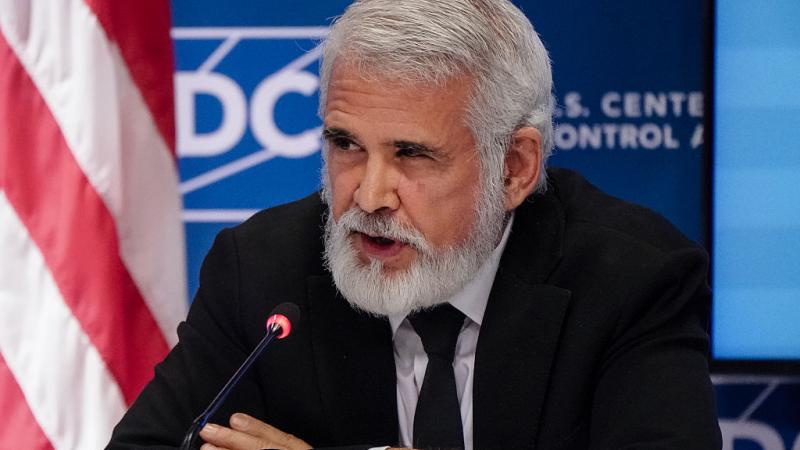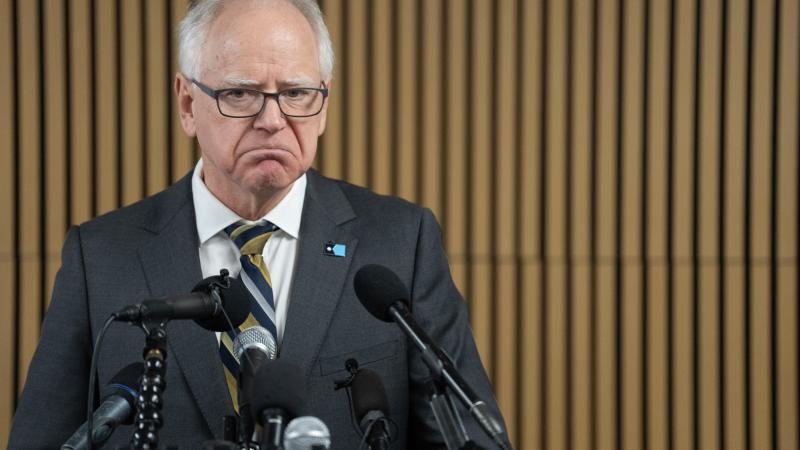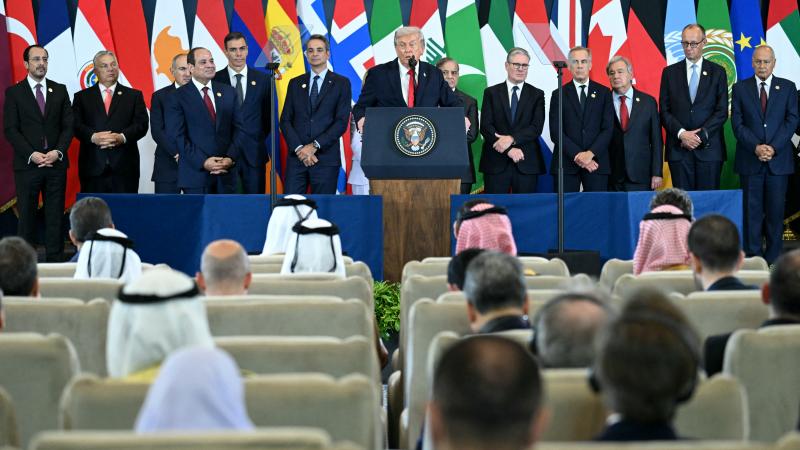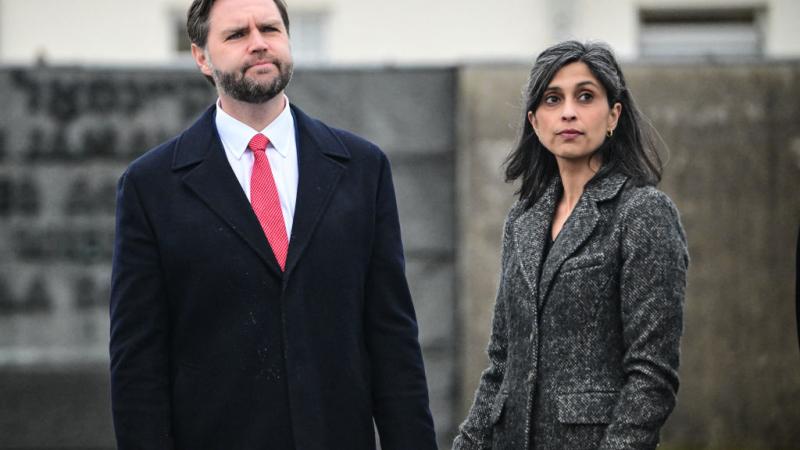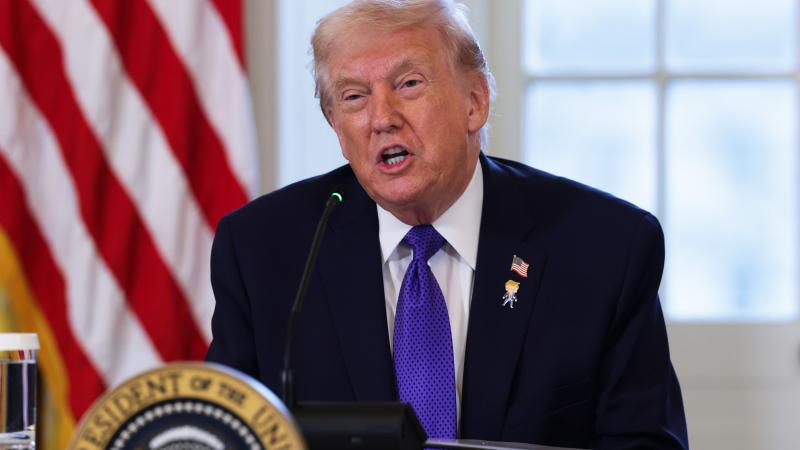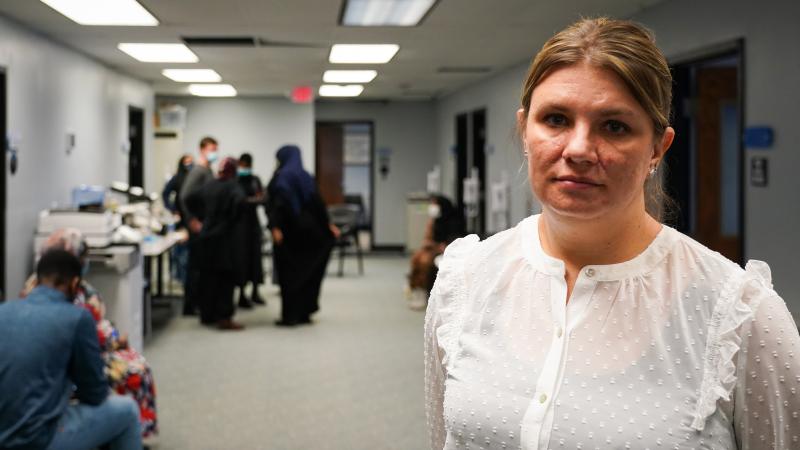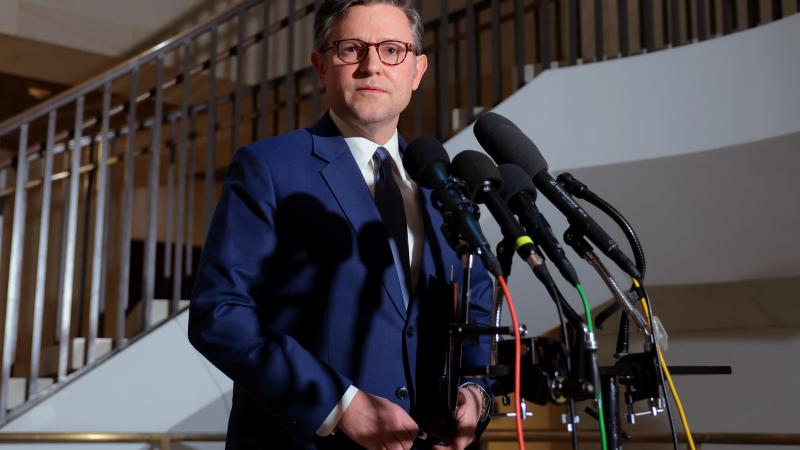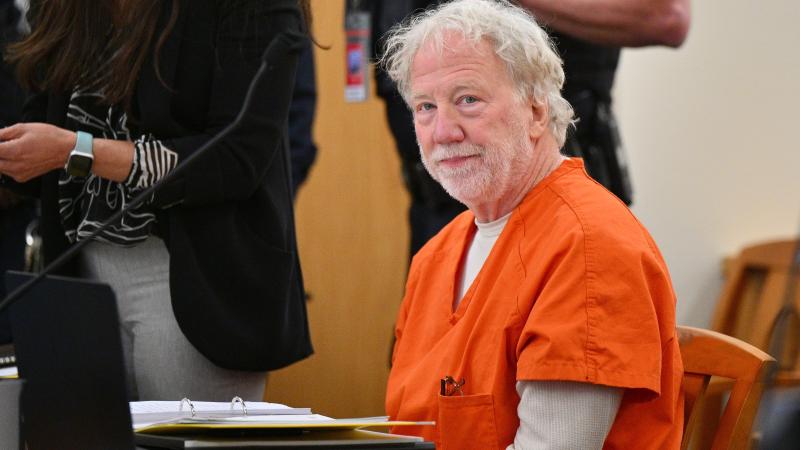Ousted BARDA director in written testimony warns 2020 could be "darkest winter in modern history"
Bright is slated to testify at a congressional hearing on Thursday.
In his written testimony for an upcoming Thursday congressional hearing, former Biomedical Advanced Research and Development Authority (BARDA) director Rick Bright warns that absent appropriate action, "2020 will be the darkest winter in modern history."
Bright says that the coronavirus will present a problem in the fall, combining with flu cases to inflict a heavy burden on healthcare providers.
"Our window of opportunity is closing. If we fail to develop a national coordinated response, based in science, I fear the pandemic will get far worse and be prolonged, causing unprecedented illness and fatalities," Bright states in his written testimony for the House Committee on Energy and Commerce's Subcommittee on Health.
"While it is terrifying to acknowledge the extent of the challenge that we currently confront, the undeniable fact is there will be a resurgence of the COVID19 this fall, greatly compounding the challenges of seasonal influenza and putting an unprecedented strain on our health care system," he warns. "Without clear planning and implementation of the steps that I and other experts have outlined, 2020 will be darkest winter in modern history.
As the nation awaits the development of a coronavirus vaccine, Bright calls for more public education regarding the importance of practicing hand washing, face covering and social distancing and he calls for higher production of needed supplies.
He emphasizes the necessity of fast and accurate virus testing that is available for all who need it. He also mentions the need for "equitable distribution of essential equipment and supplies," noting, "Establishing a national standard of procurement and distribution increases efficiency and reduces costs."
Bright, who was ousted from his roles as BARDA director and U.S. Department of Health and Human Services Deputy Assistant Secretary for Preparedness and Response, recently filed a whistleblower complaint. He was relegated to what he described in his written testimony as "a more limited and less impactful position at the National Institutes of Health."
Bright accuses HHS officials of failing to heed his warnings. "HHS leadership was dismissive about my dire predictions about what I assumed would be a broader outbreak and the pressing need to act, and were therefore unwilling to act with the urgency that the situation required," Bright writes in the testimony.
He also notes that his calls to produce more personal protective equipment and other supplies went unheeded.
"When I was nevertheless able to convey these urgent concerns by speaking directly with a senior White House advisor and with members of Congress who better understood the urgency to act, I faced hostility and marginalization from HHS officials," he writes in the testimony. "And finally, when I resisted efforts to promote and enable broad access to an unproven drug, chloroquine, to the American people without transparent information on the potential health risks, I was removed from BARDA."



